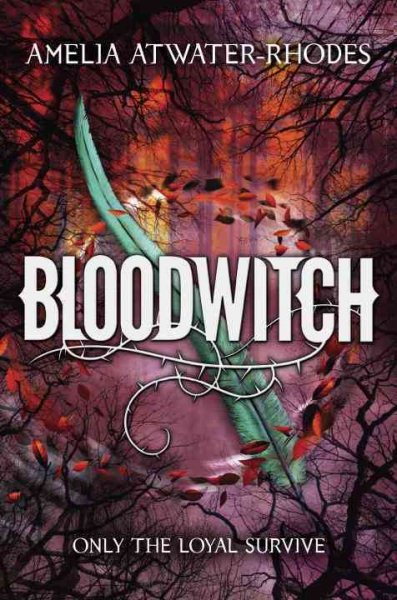
When Vance sees Malachi dancing the serpent’s dance, a sacred ritual of freedom, he invites Vance to see the world from a different perspective, one of unbridled passion and energy. Malachi, who is a serpent/falcon crossbreed and has spent his life chasing nightmares, challenges Vance’s naiveté, telling him: “You were raised with every luxury. . . . You never struggled. Never questioned. . . . You have never been asked to die for something or someone” (50-51). Malachi’s challenge is the beginning of a change for Vance’s life, as Vance questions his freedom, his family, his history.
The bars of Vance’s cage are invisible, but he starts to realize that a slave can be well fed, well clothed, and healthy. As he ventures beyond his paradise, he confronts a world that is harsh and cold and cruel. But his confusion escalates when he wonders whether it is his job to sacrifice his comfort and his freedom because the world is not a good place. Should he hate his benefactors, Taro and Mistress Jeshickah, for giving him the best of everything throughout his childhood? Should he turn against Midnight for giving him the privileged life denied to so many others? Still, his peaceful existence is full of cracks as people he cares about succumb to frailty, age, and sickness and as he observes abuse, manipulation, and other disparities.
Both benefactor and abuser, Mistress Jeshickah is an indomitable vampire who asserts, “It is indeed better to be feared than loved” (202). Under her rule, her trainers rob their charges of any free will spark. Stripped of passion, broken in spirit, and robbed of self-awareness or self-preservation, these slaves have nothing to care about but being subservient and grateful, polite and well-mannered. Vance discovers that Midnight has been trying to raise a witch of its own—a bloodwitch, manipulating him for their own selfish gain. Once he confronts his misguided sense of loyalty, Vance decides that he doesn’t wish to be a tool for the empire; he wants to think and speak and feel for himself: “I didn’t want to be comfortable if that meant I needed to accept that my comfort came by the grace of those who were more important than I could ever be, and on the backs of others who were less than dirt beneath my feet” (280).
Bloodwitch invites its readers to be critical thinkers and problem solvers, to ask themselves:
- If giving your life meant you could save everyone—from sickness, from slavery, from treachery—would you give your life?
- What is a single life worth?
- Do we need leaders to make decisions for us?
- What degree of responsibility does the individual have to society?
- What do we owe to our allies or to our benefactors?
- How does contemporary society mirror that portrayed in Midnight?
- What actions might we take to contribute to an improved social system?
With her dystopian novel,the first volume in the new Maeve’ra series, Atwater-Rhodes further encourages readers to believe that free will, individual power, and community strength doesn’t involve kneeling to any master, king, or creature. She makes us realize that the body isn’t the only thing that can starve. When someone else robs us of knowledge or choice, we starve from truly living life to the fullest.
- Posted by Donna

